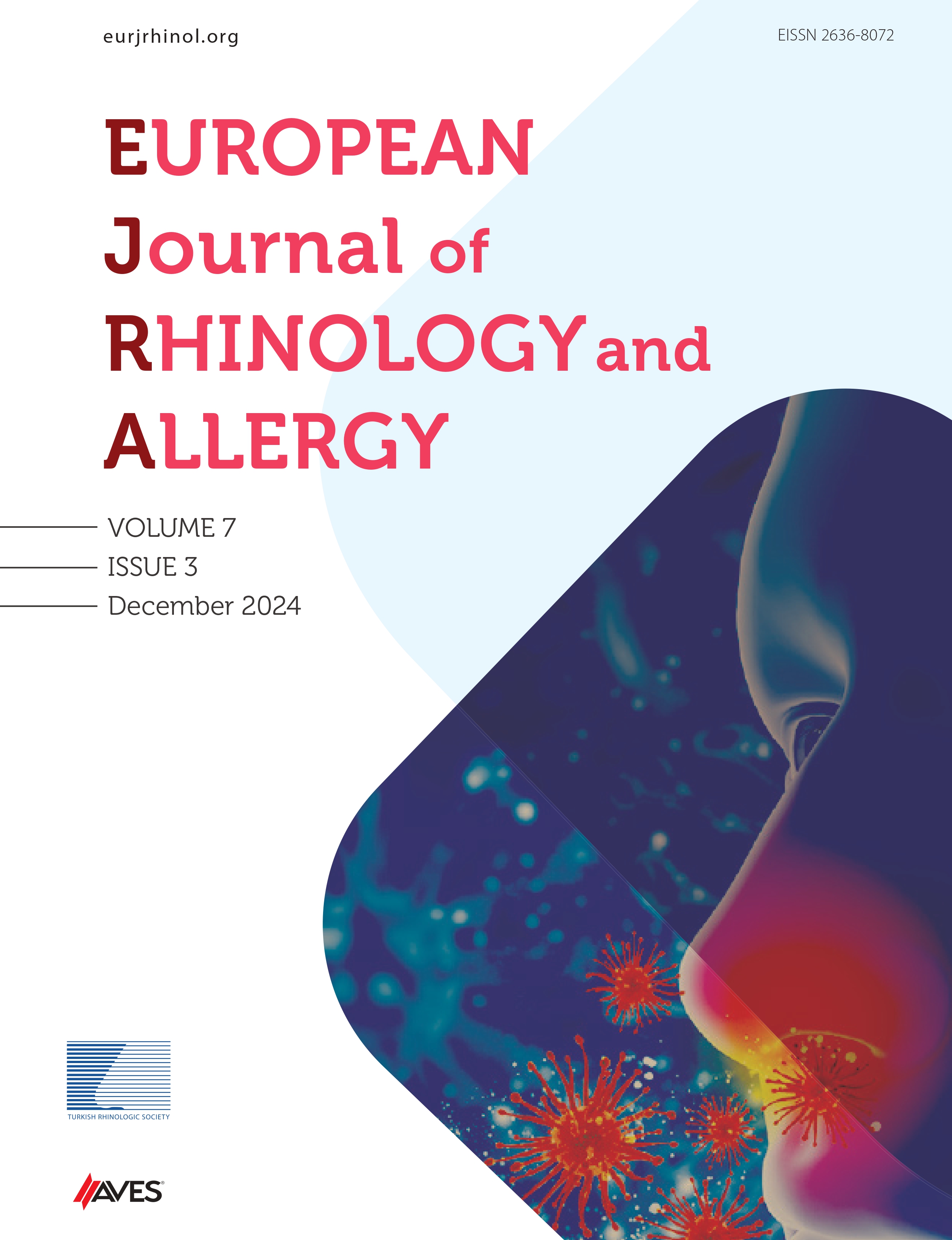Background: Aspirin-exacerbated respiratory disease is characterized by asthma, chronic rhinosinusitis with nasal polyps, and sensitivity to aspirin and other cyclooxygenase-1 inhibitors. The use of medical identification by patients with aspirin-exacerbated respiratory disease can provide essential information to prevent accidental exposure to cyclooxygenase-1 inhibitor medications. There is no available literature on medical identification use in the aspirinexacerbated respiratory disease patient population.
Methods: A cross-sectional survey study was designed to measure the perception of the need for a medical identification and its use by the patients diagnosed with aspirin-exacerbated respiratory disease at The Ottawa Hospital.
Results: Six hundred eighty patients were identified in our registry with a documented sensitivity to nonsteroidal antiinflammatory drugs or aspirin; 12 additional patients were identified during a clinical visit. A total of 68 patients with aspirin-exacerbated respiratory disease met the inclusion criteria. Twenty-one patients were successfully enrolled. The majority (81%, n=17) of the patients were not using any medical identification. The most common reason reported by patients for not using the medical identification was a lack of knowledge and awareness regarding its significance.
Conclusion: In this survey of patients with aspirin-exacerbated respiratory disease, patients were found to have little knowledge regarding the benefits of medical identification use. Subsequently, medical identification use was very limited, supporting a clear need for further patient education and awareness.
Cite this article as: Alqabasani M, Alkherayf N, Lasso A, Kilty S. Medical identification use in patients with aspirin-exacerbated respiratory disease. Eur J Rhinol Allerg 2022;5(2):31-34.

.png)

.png)